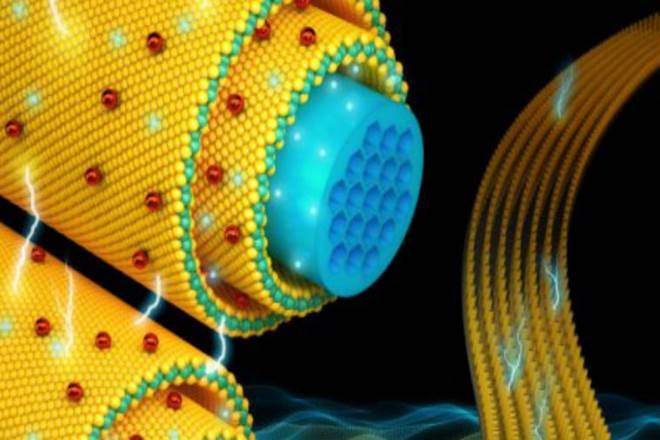CHENNAI: Scientists have used cake rusk leftovers to develop low-cost supercapacitors — a electronic component that is used to store charge and has a wide range of applications in everyday modern devices.
Owing to the ever growing energy demand, electrochemical energy storage systems with higher energy and power densities such as lithium-ion batteries and supercapacitors have attracted tremendous attention in recent years.
The researchers from SRM Institute of Science and Technology in Chennai wanted to create low cost alternatives by recycling waste materials and converting them into products that have high demand.
For a study published in the journal Microporous and Mesoporous Materials, they collected waste cake rusk crumbs from local bakeries and heated them in nitrogen gas to obtain highly porous carbon with very high surface area.
“The carbon materials obtained from Indian cake rusk have very high porosity, surface area and pore volumes which are superior than the other waste materials investigated,” M Sasidharan, a professor at SRM University, said.
“The above attributes are very essential for percolation of electrolyte, and high charge storage in any electrical device,” said Sasidharan, principal investigator of the study.
Supercapacitors are devices that can store and deliver charge much faster than batteries, and tolerate many more charge and discharge cycles than rechargeable batteries.
It has widespread application from a range of devices such as smartphones, laptops and portable media players. They are also used as voltage stabilisers, in medical devices and as energy harvesters.
The device fabricated by the researchers can light up few LED bulbs. In future, the materials may be extended to high end applications, researchers said.
Sasidharan said that the research may bring down the cost of supercapacitors by 70 per cent, since the raw materials are inexpensive.
Any food waste which provide carbon materials with high porosity and surface area can be considered for this application, researchers said.
“Right now we are focusing on different farm wastes which can give better performance than the already studied rice husk, bagasse waste, waste tea, waste tire, puffed rice etc,” Sasidharan said.
The researchers are currently working on scaling up the production process to optimise it for commercial applications. (AGENCIES)
Trending Now
E-Paper


